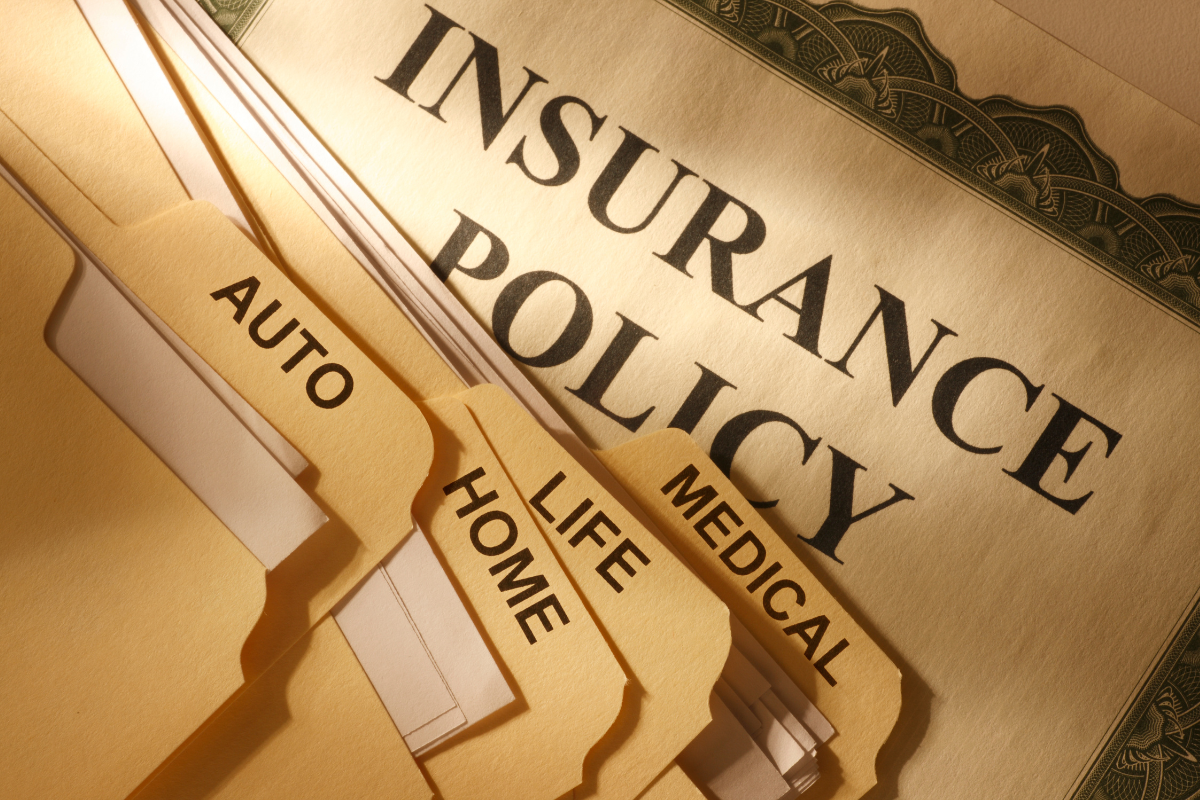
Life is unpredictable. Whilst we can’t always stop things from happening, we can at least try to be as prepared as possible. Insurance is there to act as a financial defense should disaster strike. There is somewhat confusion when it comes to insurance, people bury their heads and pretend it doesn’t exist. With our easy break down, you’ll be a full insurance pro!
Life insurance
The biggest pro of having this coverage is knowing those you love will be covered should anything happen to you. Industry experts suggest your policy should cover ten times your yearly income. That cost should provide enough money to cover expenses that include funeral costs, existing debts and to offer that stability for your family.
When working out the amount, remember to factor in mortgage payments, credit card payments, any loans, child cost and the cost of living too.
There are two basic types of life insurance to choose from, traditional whole life and term life. To put it simply, whole life is a policy you pay until you die, and term life is for a set amount of time. When deciding which to go for, consider your age, occupation, number of children and any outstanding debts you may have. Always seek financial advice before making any definite decisions.
Health insurance
Health insurance is known as private medical insurance and this is designed for any medical treatments you might need in the future. You won’t have any waiting list stress or any costs because your insurance will cover that.
The main benefits are:
- Shorter waiting list times for treatments on the NHS.
- Better facilities.
- A faster diagnosis.
- Private facilities.
- More convenient for you.
There are typically two types of coverage, moratorium underwriting and full medical underwriting. Moratorium underwriting is only providing limited information to your provider. This won’t always cover conditions that’s affected you in the past years. Full medical underwriting requires a full medical history application. You will most likely get a wider coverage but will most likely be the more expensive option.
Long term disability insurance
This insurance protects you from any loss of income if you’re ever unable to work for a long period of time due to illness, injury or accident. If you suffer from a disability, this policy will cover a monthly fee to replace any loss of earning from your salary. Some employees provide long term insurance for their employees as part of a comprehensive benefit package. If they don’t, then you do have the option to set this up yourself, which is especially important if you’re the family member relied on to pay the mortgage.
The amount you would receive is calculated by percentage, often being 50-70% of your original salary. This figure should provide enough money for peace of mind.
Car insurance
Car insurance is so important and is a legal requirement. It can cover you if your car is stolen, vandalized, catches fire, if you’re involved in an accident or if there is any damage you cause. You only claim on this insurance when an accident is your fault. If someone else is to blame, their insurance should pay instead.
The main types of car insurance:
- Fully comprehensive – this is suitable for most drivers and covers you, the car, the passengers and property. Vandalism and theft are also covered. In some cases, you can also drive other people’s vehicles too.
- Third party, fire and theft – this is a cheaper policy, it covers third parties involved but also provides protection for your car against theft and damage caused by fire.
- Third party – this is the most basic policy. It covers liability for injury to others including any damage to third party property only. Not all insurers offer this policy.
- Multi car insurance – this insurance covers you on five to ten vehicles, provided they are registered to the same address or belong to the same family.
- Black box – ideal for young or new drivers, this policy relays information, provided by a black box, based on your driving quality. If you drive well and safely this can have a positive impact on the cost.
While this may seem a lot; cost wise, being without it could lead to a financial crisis. Always check with your employer first for any possible coverage. The expense of not having any insurance is not work risking the expense of living without it.
